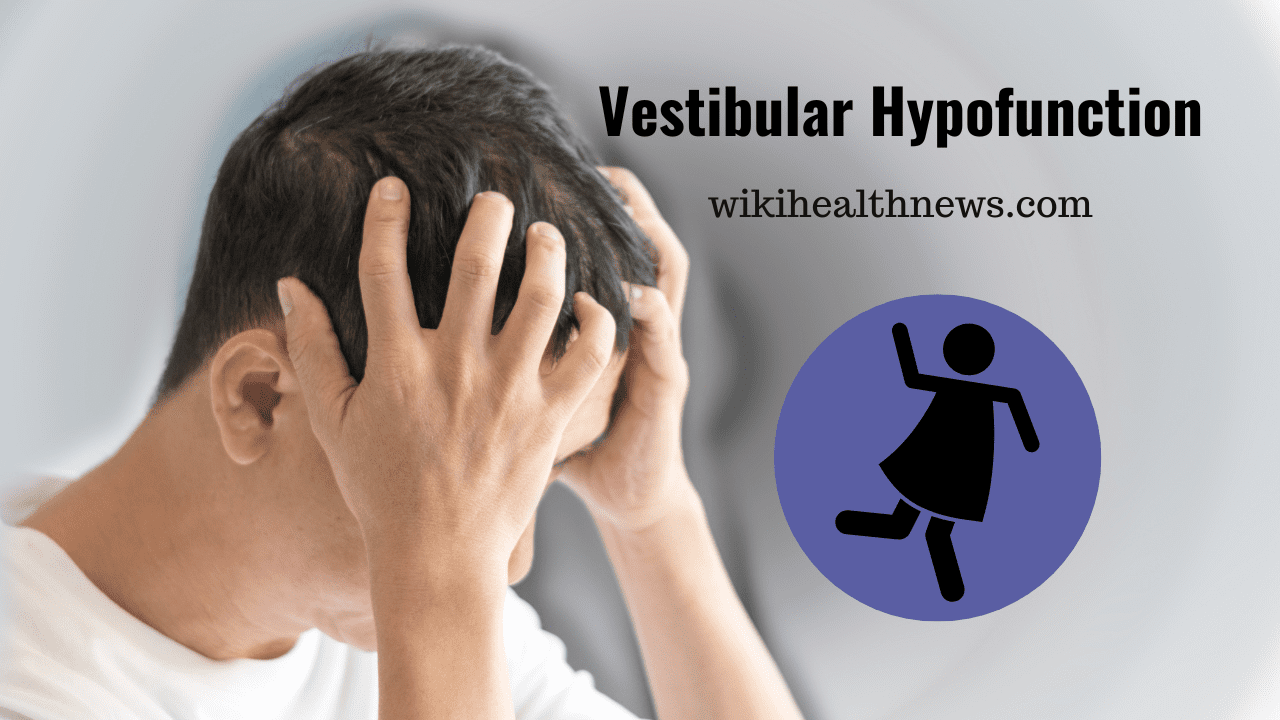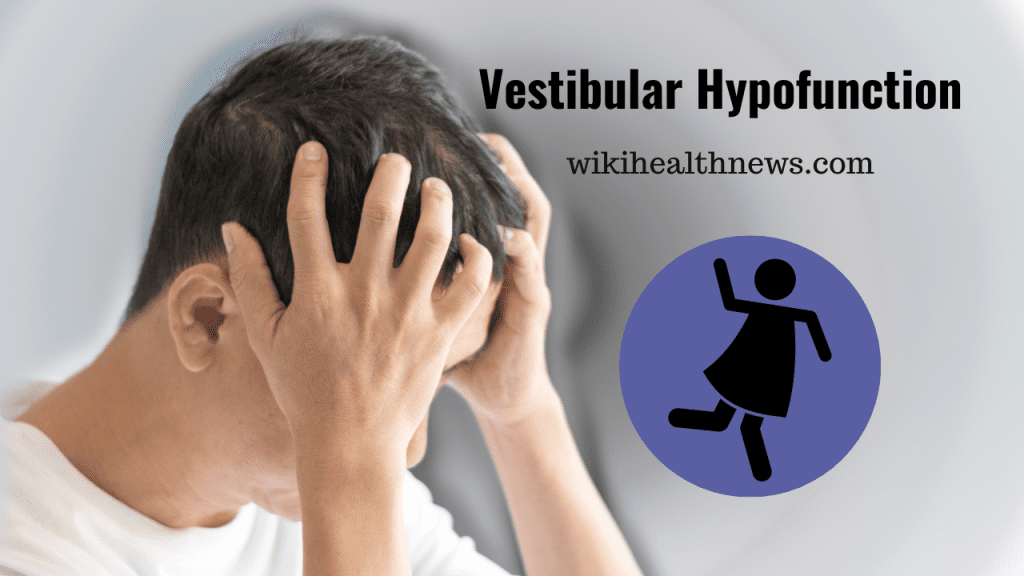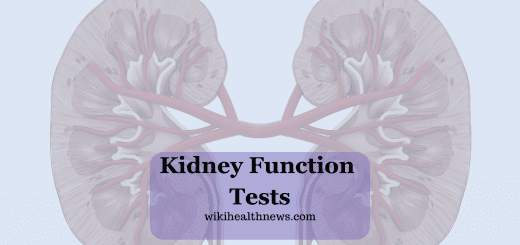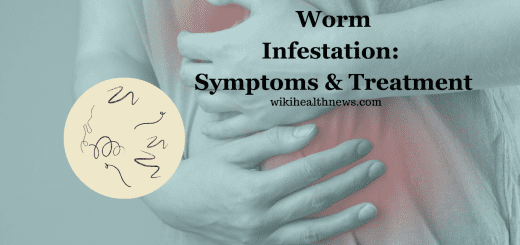Vestibular Hypofunction: Symptoms and Therapy

How do you explain vestibular hypofunction?
Balance and gait of our body is controlled by inner ear system under instructions from the brain. Ears are not only for reception of sound; they are an important sensory organ of our body. Inner ear in coordination with the eyes and muscles of our body controls the posture and motion. Any derangement of the inner ear is called vestibular hypofunction that causes postural instability. This can affect one or both ears.
Does vestibular hypofunction get better?
In most cases this condition undergoes spontaneous resolution. In short, it is a self-limiting situation even without intervention. This happens so as our brain compensates for the deficiency and adjusts to the need. If this fails to happen then body undergoes a postural maladaptation. In such situation rehabilitation procedures are recommended.
What happens in this condition?
The vestibular system is responsible for stable gaze and posture during head movement. Most people will feel dizziness or vertigo, nausea, poor balance. Often people affected by bilateral vestibular hypofunction feel dizzy and are at risk of frequent falls. This happens so due to the unsteady vision called oscillopsia. They perceive blurred image during movement of head. In addition, they may have hearing loss or tinnitus. This condition greatly reduces the quality of life in affected individuals. These symptoms are evident if both ears are affected. However, people with involvement of one ear have compensatory mechanisms to overcome such deficiency.
What are the causes of vestibular hypofunction?
It can happen due to any of the following reasons-
- Genetic causes
- Infection of inner ear
- Autoimmune disease affecting blood supply to the ears
- Injury
- Drugs that are toxic to the ears
How common is vestibular hypofunction?
Around 5-6% of people suffer from this condition. But most go unnoticed as the symptoms are less obvious or the condition is misdiagnosed. Dizziness, light headedness and disequilibrium are most often attributed to some other common disease conditions like hypoglycaemia, hypertension, anxiety etc. Since this condition undergoes self-resolution, it is often not reported.

How do you fix vestibular hypofunction?
Common treatment for this condition refers to intervention like exercises to improve gait. Improvement in muscle strength can overcome the imbalances. Techniques to reposition the body are important part of this rehabilitation program. In severe cases vestibular implants may help.
Can you drive with vestibular hypofunction?
Individuals with severe disease or bilateral ear involvement often experience chronic imbalance and instability. Inability to fix the vision and posture render routine daily activities such as walking and driving difficult.

Read more











